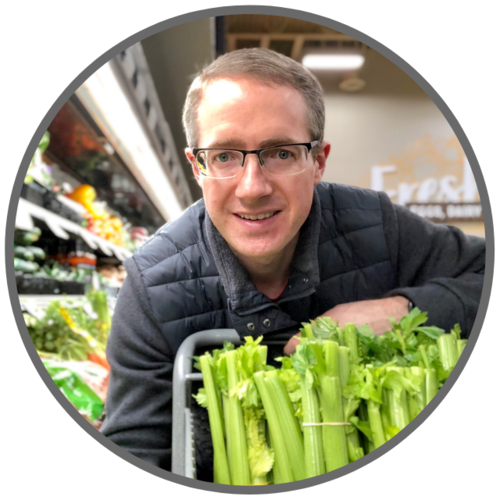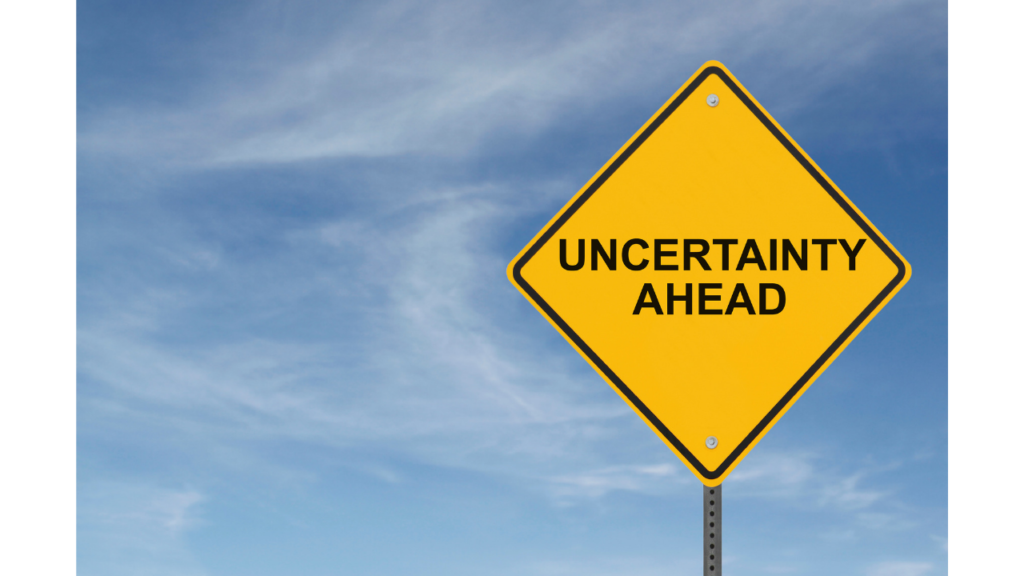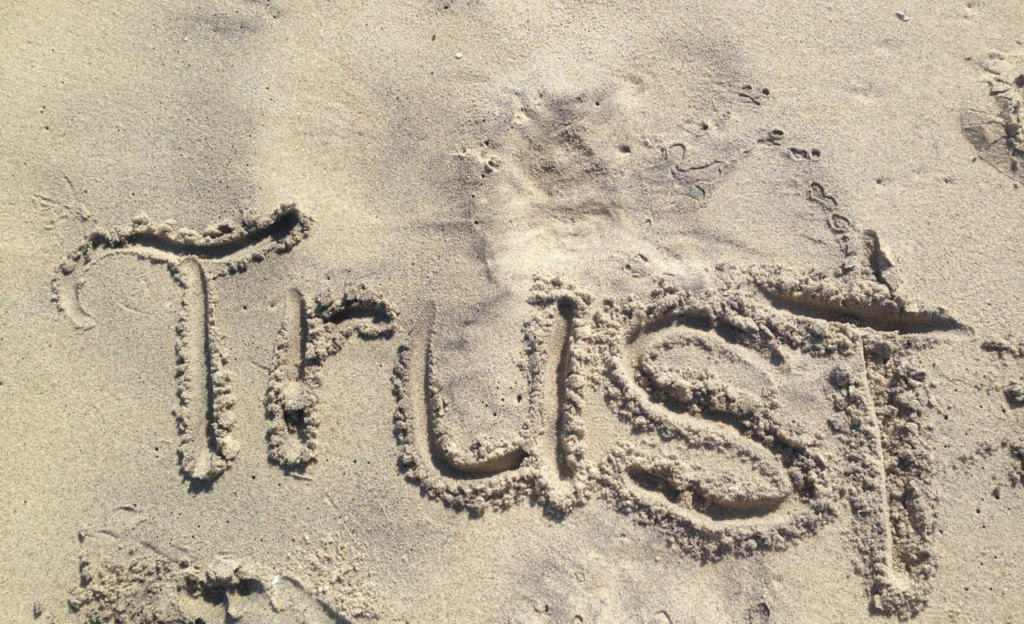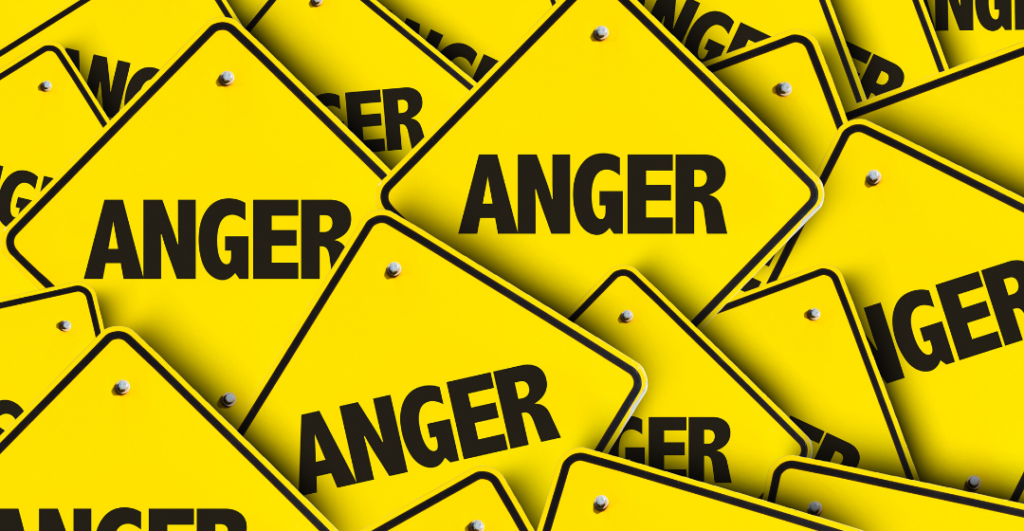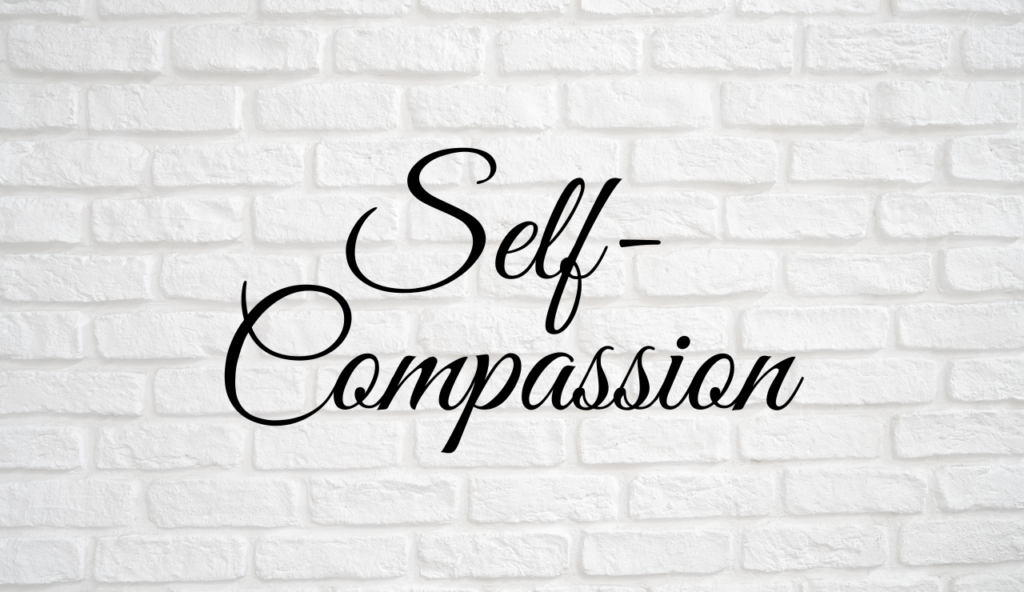Ep. 156: Taking a Break
Welcome back to another episode of Your Anxiety Toolkit. I wanted to take some time today to let you know that I am going to be taking a break.
I am going to take a couple of months off to heal, to replenish, to restore and to rest. I want to share with you how I came to this decision about taking a break because I am wondering if you may be struggling with the same feelings.
Over the past several months, I have found that I have not been slowing down enough to replenish. I haven’t been listening to my body which has been saying to me “rest, please take some time.” What has been so hard for me and may be hard for some of you as well, were the feelings I had that “I should be able to handle all of this and I’m weak if I can’t.” I was really judging myself for having those feelings. When I finally stopped and accepted that my body was trying to tell me something, I was able to recognize that now more than ever, my body, as wise as it always is, was telling me to slow down and take more time.
So I want to ask you all to check-in with yourself and do a quick assessment to really connect with your needs. What your body is telling you? We are in such difficult times right now. There is so much uncertainty and anxiety which can take a tremendous toll on the body. Now more than ever it is so important to recognize the importance of taking care of ourselves.
So what can we do to begin taking care of ourselves? We can take a deep breath. We can bring validation and recognition to all of our feelings and then we can give ourselves exactly what we need. If that means eating a brownie, or having a good cry or taking a break. I hope you will stop and honor your body and give it what it needs at this time.
ERP School, BFRB School, and Mindfulness School for OCD are all now open for purchase. If you feel you would benefit, please go to cbtschool.com
While Kimberley is taking a break, we are not going to leave you hanging. Each week for the next 10 weeks we will send you a new anxiety management tool to help you stare fear right in the eyes. This 10 week series is FREE and we cannot wait to have you join us! Click here to get started.



